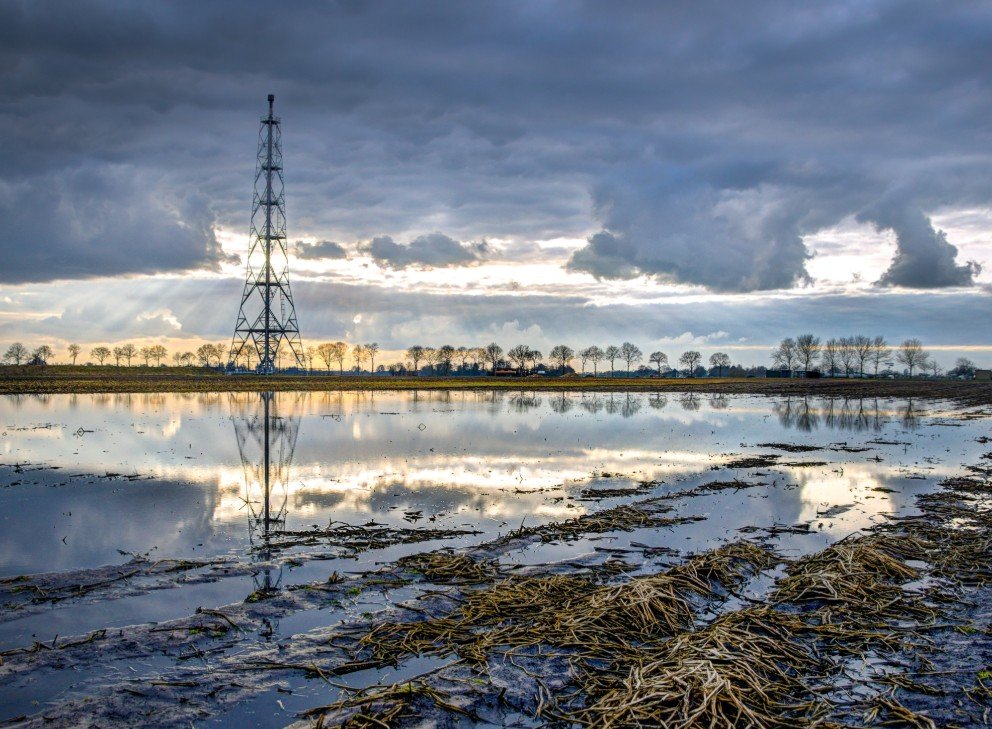Egypt has made a fresh natural gas discovery in its Western Desert region, boosting hopes for more energy supplies amid rising demand. The find at the Gomana-1 well, operated by Khalda Petroleum Company, shows early output of about 36 million cubic feet per day, with production set to start soon.
Details of the Gomana-1 Discovery
Khalda Petroleum Company drilled the exploratory well Gomana-1 and confirmed gas zones through electrical logs. Tests point to a strong flow rate that could reach 36 million cubic feet daily.
This marks another win for Egypt’s oil and gas sector in 2025. The company plans to connect the well to production lines quickly, possibly within days. Experts say this could add vital reserves to help meet local needs.
The Western Desert has long been a key area for such finds. It offers faster development compared to offshore sites. This discovery fits into ongoing efforts to explore and produce more from onshore fields.
Khalda Petroleum’s Key Role
Khalda Petroleum runs as a joint venture between Egypt’s state oil firm and Apache Corporation from the United States. They have drilled many wells in the Western Desert over the years.

Their work focuses on quick and cost-effective projects. This approach helps bring gas to market faster than larger offshore operations.
In recent months, Khalda has ramped up activities. They signed deals to explore new blocks and drill more wells. These steps aim to increase output and attract more investment.
The company has a track record of steady discoveries. For instance, earlier this year, they found oil and gas in other parts of the desert, adding thousands of barrels daily.
Impact on Egypt’s Energy Supply
Egypt faces challenges with falling output from big fields like Zohr in the Mediterranean Sea. This new find could help fill some gaps in supply.
Domestic demand for gas keeps growing due to population increases and industrial needs. Power plants and homes rely heavily on natural gas.
- Boosts local production without heavy costs.
- Reduces need for expensive imports.
- Supports jobs in exploration and drilling.
Adding 36 million cubic feet per day might seem small, but it adds up with other recent finds. Egypt aims to stabilize its energy mix and export more in the future.
Recent Gas Discoveries in Egypt
Egypt has seen a series of gas finds in 2025, mainly in the Western Desert. These help offset declines elsewhere.
Just weeks ago, another discovery at Badr-15 yielded 16 million cubic feet per day plus condensates. Reserves there are estimated at 15 billion cubic feet.
Other areas like Melha have also produced new wells with over 2,000 barrels of oil and 10 million cubic feet of gas daily.
| Discovery | Location | Operator | Estimated Daily Output | Reserves Estimate |
|---|---|---|---|---|
| Gomana-1 | Western Desert | Khalda Petroleum | 36 million cubic feet gas | Under evaluation |
| Badr-15 | Western Desert | Badr El Din Petroleum | 16 million cubic feet gas + 750 barrels condensate | 15 billion cubic feet |
| Melha fields | Western Desert | Agiba Petroleum | 2,000+ barrels oil + 10 million cubic feet gas | Not specified |
These finds show a pattern of smaller but frequent onshore successes. They contrast with slower progress in offshore zones.
The government has pushed for more exploration. Investments worth billions have gone into new blocks and drilling campaigns.
Broader Economic Effects
This discovery could draw more foreign investors to Egypt’s energy sector. Apache and others have committed funds despite payment delays in the past.
Egypt’s economy benefits from gas exports, which bring in revenue. With global prices steady, new supplies might increase foreign earnings.
Challenges remain, like building infrastructure to transport gas. The country also works on renewable energy to balance its fossil fuel reliance.
Overall, these developments signal a positive shift. They align with Egypt’s goal to become a regional energy hub.
Looking Ahead for Egypt’s Gas Sector
Future plans include more drilling in the Western Desert and beyond. Khalda aims to add several new wells by year’s end.
Experts predict that combined with offshore efforts, Egypt could raise total output. This might ease power shortages and support growth.
The government has frameworks in place for big investments, like a 35 billion dollar gas deal under discussion. Such moves could transform the sector.
Share your thoughts on how this discovery might affect energy prices or jobs in Egypt. Comment below and spread the word to keep the conversation going.
